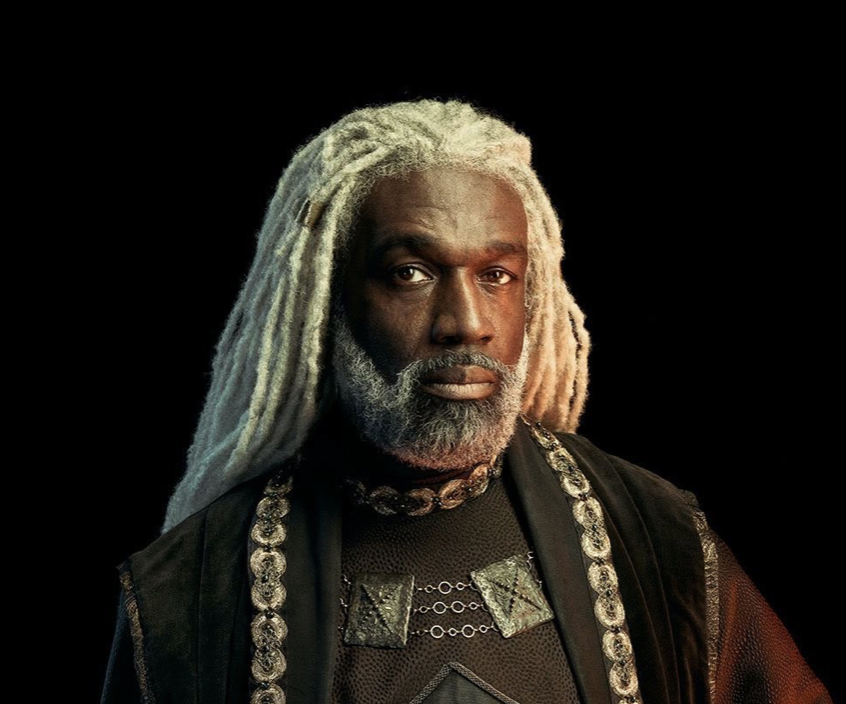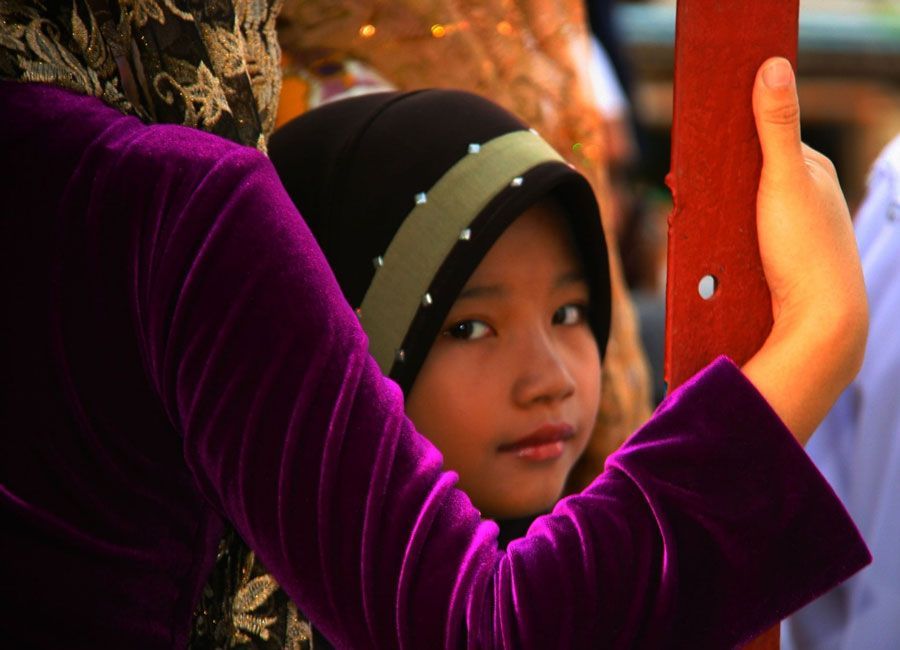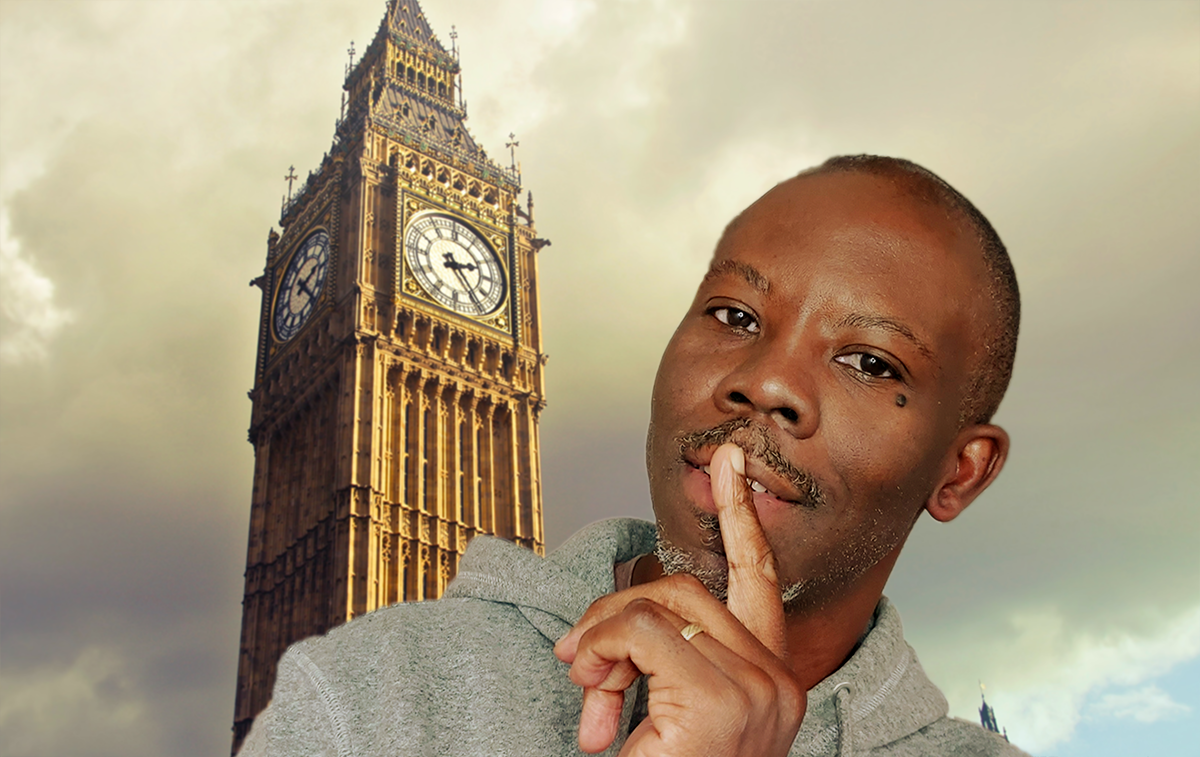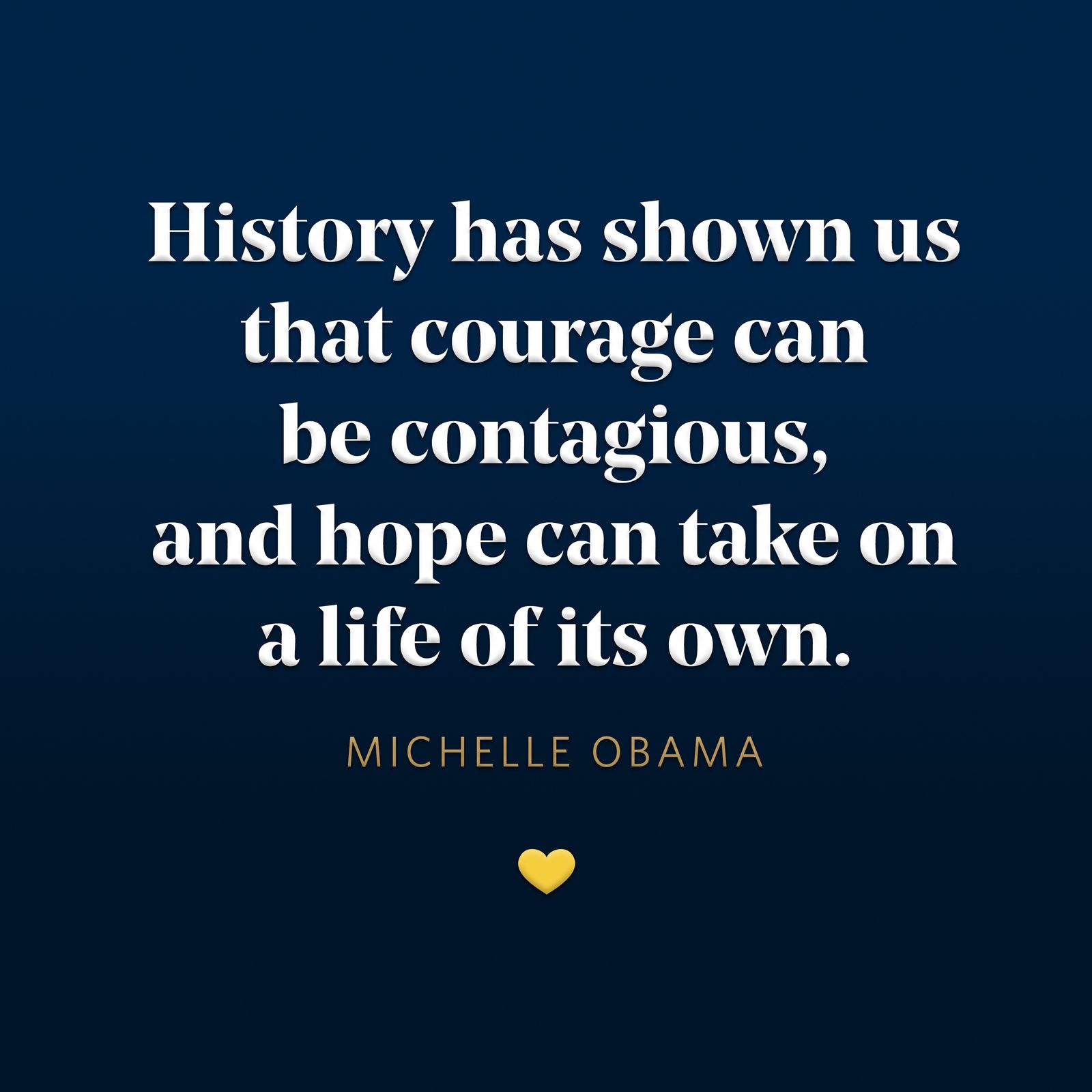Letter from the Editor💛 Hey Reader, Stories have always served to inform and inspire humanity. Drawings on cave walls about what existed outside the cave and of hunting or being hunted were the first tales. And as stories grew, so did our means of communicating them. People gathered in tribes and huddled around fires as storytellers told their tales. As our stories grew to include more than ourselves and the physical world we inhabit, scribes etched aspirational and spiritual mythologies of the afterlife in clay tablets. Stories of our natural and imagined worlds developed into writings and illustrations on papyrus and scrolls, and one-of-a-kind handwritten books. Today, we share anecdotes and epic tomes via inventions unimagined 150, 100, or even 50 years ago. Right now, you can download hours of stories to the digital device of your choice . . . for a small fee. Our tribes have grown exponentially. Our griots are now global conglomerates. And our campfires are flatscreen TVs, mobile phones, and digital tablets. But over the centuries, our stories have essentially remained the same. It’s often said there are only seven different fictional story plots that have ever been told: overcoming the monster (Jaws), rags to riches (Cinderella), the quest (A Tale of Fire and Ice), voyage and return (The Wizard of Oz), comedy (Dolemite Is My Name), tragedy (Titanic), and rebirth (Black Panther). And everything else that’s nonfiction is a variation on any combination of those plots. Writers and storytellers use their skills to mirror the times in which they live (James Baldwin), to show humanity at its most flawed (William Shakespeare), and even to elevate humanity. To present a better version for ourselves to aspire to (Octavia Butler). It’s sometimes said that books and movies have universal appeal, meaning the heroine’s/hero’s journey in these sagas—their wants, the obstacles they encounter, the antagonists they overcome, and the way they change their world and all who live it—transcends the boundaries of time, place, gender, culture, and economic or social standing, and resonate broadly with generations of people. It’s almost as if Hollywood doesn’t want to admit that Black people exist. Even in New York.
But readers can become victims of the times in which they live in that the stories available can be hemmed in by industry acceptance of cultural mores or biases. For example, it goes without saying that Tolkien’s Lord of the Rings trilogy is a superb epic about friendship, loyalty, and fortitude in life and death circumstances. There’s also no denying the books are rife with countless racist tropes. In LOTR, fair-skinned European-esque elves embody all that is light, right, and good; while orcs personify . . . well, you can look it up for yourself. Tolkien was patently unkind to People of Color in his description. In publishing, film and TV production, and Broadway, a majority of decision-makers are white. So it should surprise no one that the lion’s share of books, films, TV shows, and Broadway shows have catered to white audiences by casting white leading actors in white-centered stories. Take the TV sitcom Friends, the all-white version of the FOX show Living Single, was set in New York, one of the most racially diverse cities in the country. But the show didn’t have its first recurring Black female guest star until its ninth season. It’s almost as if Hollywood doesn’t want to admit that Black people exist. Even in New York. Weird, huh? With the debacle of the 87th and 88th Academy Awards and #OscarsSoWhite dominating social media, Hollywood has attempted to quell the erasing of Black people in front and behind the camera. Providing Black producers and showrunners deserved seats at the table has proved astounding. Shows like Grey’s Anatomy, Scandal, How to Get Away with Murder, Black-ish, Insecure, When They See Us, Abbott Elementary, and numerous others helmed by Black people have become critical successes. With audiences of all ethnicities. Televised versions of Cinderella, Annie, and Jesus Christ Superstar were all cast with Black actors in the title roles. But when news broke in 2019 that Disney’s new live-action version of their animated classic, The Little Mermaid, would feature the popular Black singer Halle Bailey in the title role, “purists” lost their minds and launched unsuccessful campaigns to recast the role. I don’t get it. People had no problem accepting an imaginary sea witch with octopus legs, a singing hermit crab, and a mermaid princess able to walk on dry land. But a melanated mermaid princess was a bridge too far Simply unthinkable and rejected out of hand with no regard to Bailey’s talent or the director’s v.ision. “That’s not how the story was written.” No one had a problem with the plausibility of fire-breathing flying dragons roasting people alive, a twelve-year-old girl offered up as a suitable bride to a fifty-year-old man . . .
No, it certainly wasn’t. In Hans Christian Anderson’s original version, the mermaid’s tongue is cut out, the prince marries someone else, and the mermaid winds up as an air sprite. No wonder the Disney version was such a huge hit. Hey, princess protestors. Your racism is showing. If The Little Mermaid casting decisions caused an uproar, one casting choice for George R. R. Martin and HBO’s prequel series House of the Dragon have incited a virtual riot. Martin’s A Song of Ice and Fire series of fantasy books debuted on HBO as the cultural phenomenon Game of Thrones (2011-2019). Set on a thinly veiled high Medieval continent of Westeros, the show ran for eight seasons and featured elements of mysticism, magic, zombies, gratuitous violence, storylines of incest, and a very white cast. The few People of Color in the show were often depicted as slaves yearning to be set by a very pale and platinum blond heroine. Can you say racist trope? Still, the show went on to become an international juggernaut. Now, three years after the conclusion of Game of Thrones, HBO premiered House of the Dragon. To make a long story short, Corlys Velaryon, the fictional head of one of the major Westeros houses, as well as his bloodline has been recast from decidedly white with wispy platinum blond hair and lavender eyes to unambiguously Black with African features with, wait for it . . . platinum blond dreadlocks. And hardcore fanboys aren’t well for it. At all. “How can they do that?! It’s not canonically correct!” “It doesn’t make sense!” “They’re not adhering to the canon of the books!” Again. No one had a problem with the plausibility of fire-breathing flying dragons roasting people alive, a twelve-year-old girl offered up as a suitable bride to a fifty-year-old man, or the depiction of a woman bleeding to death from a Medieval emergency C-section with no anesthesia? The fanatics happily cosigned for all of that. But Steve Toussaint, a Black man cast as one of, if not the single, richest man in this mythical kingdom was simply too large a concept to wrap their tiny whitewashed brains around. Son, your racism is ablaze and the show is that much better for having cast Steve Toussaint. Cry more, please. If George R. R. Martin, the author of the source material and executive producer of the show, doesn’t have a problem with the casting, everyone else would do well to reevaluate their relationship with white supremacy. Since Hattie McDaniels’ Academy Award win for Best Supporting Actress as Mammy in Gone With The Wind (1939), only five Black actors have received Academy Awards for Best Actor and Best Actress: Studios are finally answering the call to produce shows that are more inclusive of Black, Indigenous, and People of Color. Representation matters. Love one another. Clay Rivers
OHF Weekly Editor-in-Chief
More from Our Writers 🏆 In this Equal People 2022 Short Story Writing Contest award-winner by Sylvia Wohlfarth, an English teacher wrestles with her prejudice when confronted with facts, family, and firsthand experience.By Sylvia Wohlfarth She scans the list of the personal details of her Syrian students. The course will be starting in a few months and this will be her first time teaching English to Arabic-only students. Five couples with an age difference of around ten years between the husbands and wives. Number of children, an average of two to three. Low level of education. So low for some, she envisions literacy issues. She notes the ages and stops. Female, twenty-two, married with three children, husband thirty-three. Their oldest child, seven. She calculates. Fifteen years old when she gave birth. She identifies another two young brides. She sickens. She cannot do this job. Child brides shackled by the men who deflowered them and fathered their children. Can she intrude on their privacy by entering their living rooms via a laptop? Does she want to observe an intimacy based on something so foreign and repulsive to her? Yes, they are in need, and yes, she can provide them with the key to a culture so different from theirs, the entry into which is required to integrate into Irish society and thrive. She has her issues though with Muslim men and how they treat women. And now this. She’ll have to think it over and hopes there are other teaching opportunities open to her. Her eyes wander and halt at the little plastic bottle on the table in front of her, light brown and boring, filled to the brim with colourful little pills. It arrived one day in a small parcel with no sender but a card enclosed with the words: Empathy Pills: Take one if need be and see the world upside down, the other way around and experience enlightenment. Read the full article. OHF Weekly In four sentences, how would you tell us you’re on Team Racial Equity without saying you're on Team Racial Equity? Jesse Wilson I often imagine a world where the bold ideals of liberty, freedom, and justice are real and experienced for all. Where the energy it takes to live is not hijacked by surviving and having to navigate life because of the colour of your skin. In my bones and at a cellular level, I know this is the world where I want to live. OHF Weekly What does being Black mean to you? Jesse This month’s theme for Black History in the United Kingdom is “Proud to Be,” a celebration and acknowledgement of Black history and achievement. As a theme, it personally resonates with how I feel individually and collectively. Despite the challenges, the uncertainties, the disadvantages, and the need to navigate people and systems who hold disparaging and sometimes dangerous views, I know who I am, and I know how these experiences have shaped me to appreciate and look deeper into what it means to be me and what it means to be human. I see my Blackness as a gift, rich in history and promise, and one in which despite the world we live in, I see how People of Colour demonstrate resilience, and in many fields, thrive. OHF Weekly What would you say helped shape your earliest views on race? For much of my childhood, my parents, siblings, and I dealt with everyday living. We navigated the climate of being one of the only families of colour in a small village in the United Kingdom on the East Sussex coast. By virtue of where we lived, we were largely sheltered from the racial tensions of 1970s and 1980s Britain, but we were very much aware of the culture and the people to avoid and places not to go. Read the full article.
Support Our Human Family and OHF Weekly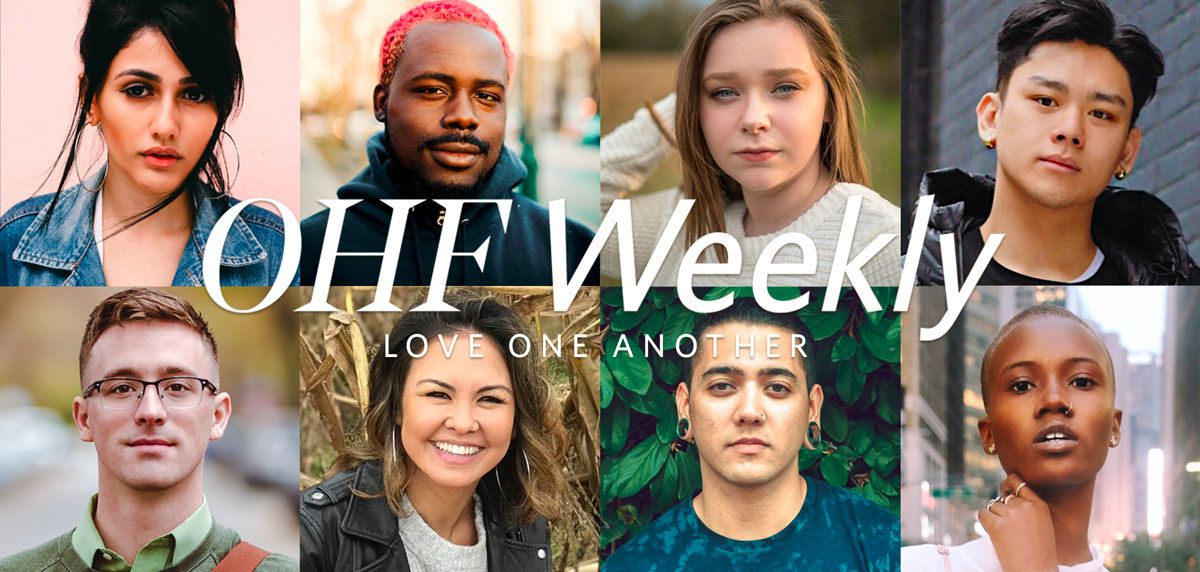 The subject of racism is broad and complicated. Its components require close examination and nuanced explanation. While our message is singular, we must tailor our conversations and presentations to bring awareness to these aspects. These items must also be updated to reflect the challenges of the times.
We cannot do the work of racial equity without the support of people like you. In the same way that it takes a village to raise a child, it will take all of us to end racism and create a more equitable world. Racism doesn’t just harm its victims, it harms its perpetrators and bystanders. Racism harms everyone. Our Human Family is working to bring an end to racism and establish a society rooted in equity.
Your tax-deductible one-time or monthly donation can help us continue our anti-racism work. No amount is too small.
Please support the critical work and word of Our Human Family at the forefront of the national conversation on better race relations and widespread equity in America.
Final Thoughts
|
